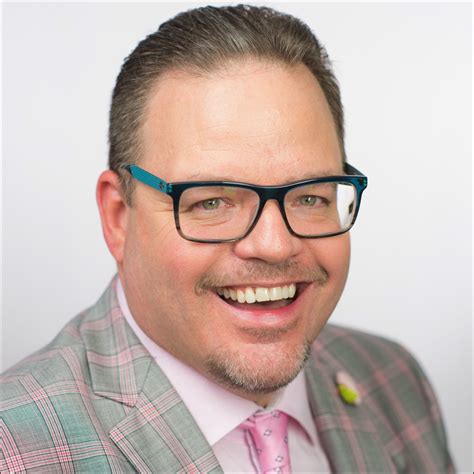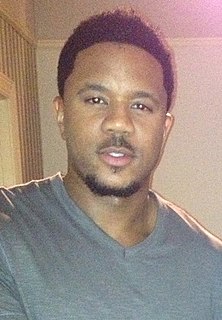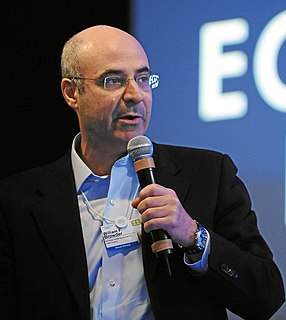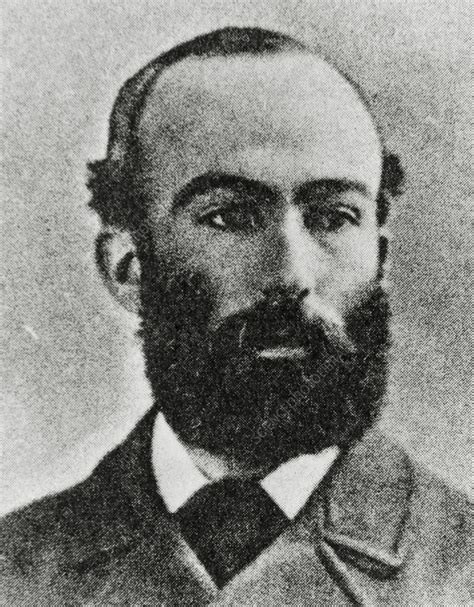A Quote by Jodi Picoult
anyone can understand anything. You just have to know how to present your information.
Quote Topics
Related Quotes
You can make the argument that there's no such thing as the past. Nobody lived in the past. They lived in the present. It is their present, not our present, and they don't know how it's going to come out. They weren't just like we are because they lived in that very different time. You can't understand them if you don't understand how they perceived reality.
Man can only be certain about the present moment. But is that quite true either? Can he really know the present? Is he in a position to make any judgment about it? Certainly not. For how can a person with no knowledge of the future understand the meaning of the present? If we do not know what future the present is leading us toward, how can we say whether this present is good or bad, whether it deserves our concurrence, or our suspicion, or our hatred?
Study hard. Understand not only the questions, but the questioner. Know how best to articulate the answers, but do it with humility, because ultimately the answer is in a person, the person of Christ, not in an argument. So, do your work and know how to present the answer, but do it with gentleness and meekness.
We know how to be doctors, nurses, lawyers. We know how to be tweeters. We know how to be everything. But how do you just be people? How do you be present with one another? How do you be honest with one another? How do you be compassionate towards one another, forgiving towards one another? We know what to do. We don't know what to be, how to be.
Thanks is part to our education system, we tend to think that we're smarter than the stupid guys in funny wigs who came before us. But that's because we are mistaking technology, progress, and access to information for intelligence. We think that because we know how to use iPhones (but not build them), browse the Internet (but not understand how it works), and use Google (but not really know anything), our educational system is working just great. By the same token, we think that those dumb aristocrats who used horses to get around and didn't have electricity were neanderthals.
If you have 15 minutes per visit, and you spend the first 9 minutes just collecting information from them, before you do anything else, you know half of your visit is gone already. So if you have an automated system that has most of that and, and in some cases I actually have patients complete questionnaires before they come in, so I'd gotten most of the information I need to ask about, already recorded, instead of having 9 minutes I can take 3 minutes to review all this information.
You know that I don't believe that anyone has ever taught anything to anyone. I question that efficacy of teaching. The only thing that I know is that anyone who wants to learn will learn. And maybe a teacher is a facilitator, a person who puts things down and shows people how exciting and wonderful it is and asks them to eat.


































